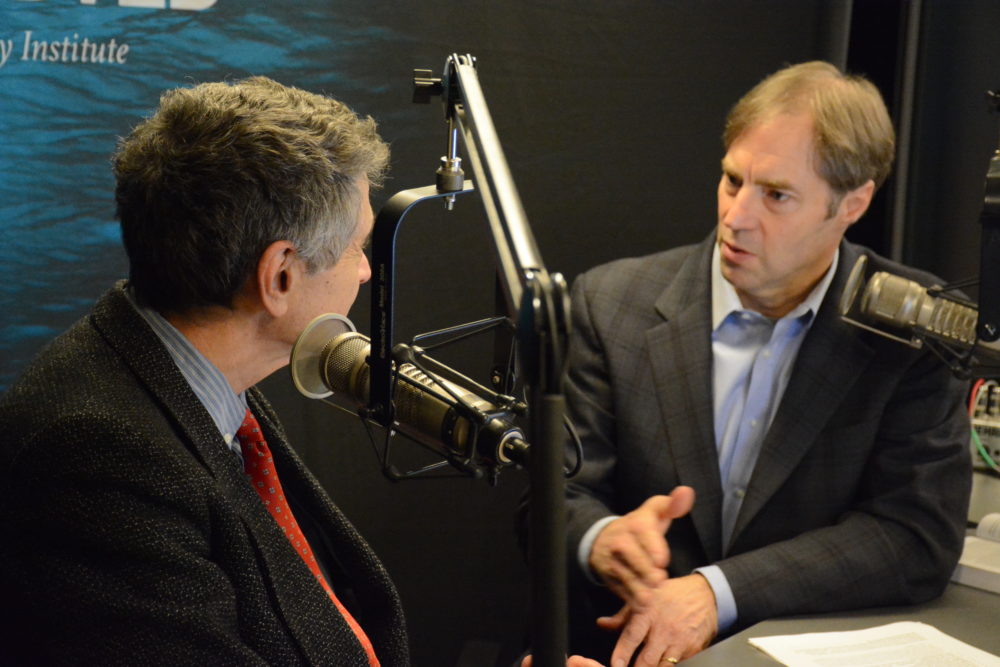
Michael Medved is a nationally-broadcast talk radio host, podcaster and best-selling author. With an audience growing to 5 million weekly listeners, his daily three-hour current events and pop culture show has placed for two decades among the ten most important talk shows in the United States. His daily podcast, “In the Light of History,” available with his radio show (commercial-free) to a growing list of subscribers, provides historical context for the news and analysis he covers.
He is also the author of thirteen non-fiction books, including the national bestsellers What Really Happened to the Class of '65?, Hollywood Vs. America, The Ten Big Lies About America, and, most recently in 2018, The American Miracle: Divine Providence in the Rise of the Republic. Its companion volume, God's Hand in America, is to be published later this year.
He is a member of the Board of Contributors of USA Today, and his pieces appear frequently in The Wall Street Journal and Commentary.
Following publication of his three books on films, Medved served for six years as Chief Film Critic for the New York Post, and for twelve years as co-host of Sneak Previews, the weekly movie review show on PBS television. His commentaries on hot-button issues and reviews of new films are available in his free weekly newsletter and on his website, MichaelMedved.com.
Born in Philadelphia, Medved attended public schools in San Diego and Los Angeles before entering Yale at age 16. After completing his degree, with honors, in American history, he attended Yale Law School where his classmates included Bill and HIllary Clinton. Later, during 17 years as a synagogue president in the Los Angeles area, he co-founded Pacific Jewish Center and the Emmanuel Streisand School - later renamed Yeshivat Ohr Eliyahu. Since 1996 Medved and his wife, psychologist and best-selling author Dr. Diane Medved, have lived in the Seattle area, where they raised their three children, and now enjoy helping with their two small grandchildren.
Archives


Stephen Meyer on the Return of the God Hypothesis
Assessing the Scientific Case for God on Great Minds with Michael Medved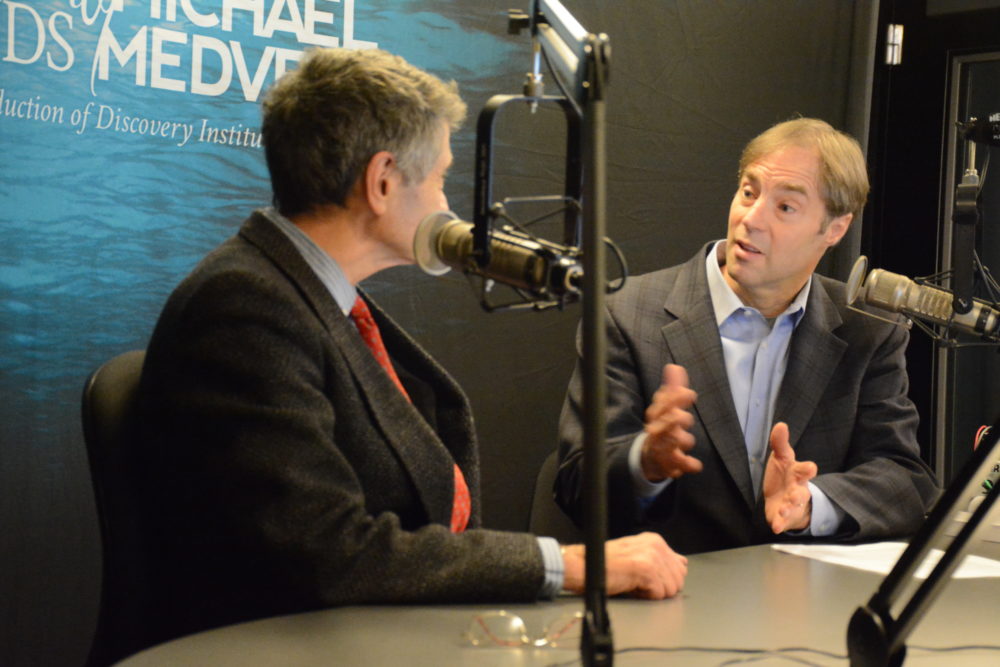
Stephen Meyer’s Next Frontier
Stephen Meyer on Great Minds with Michael Medved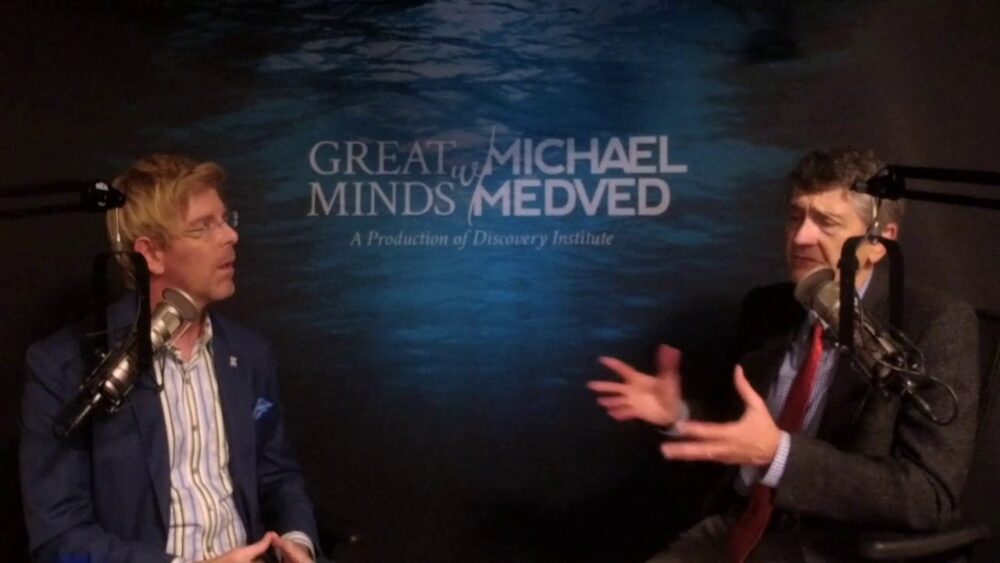
Great Minds: Richards and Medved on Sex Robots and the Future “Smart Machine” Dystopia
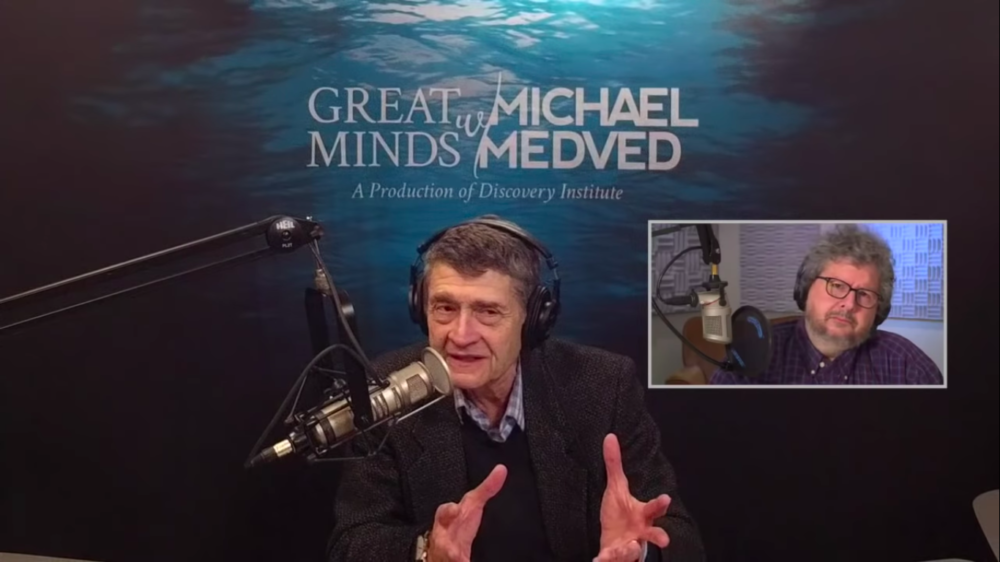
Religious Robots and Free Americans
Michael Medved and David Gelernter on Human and American Exceptionalism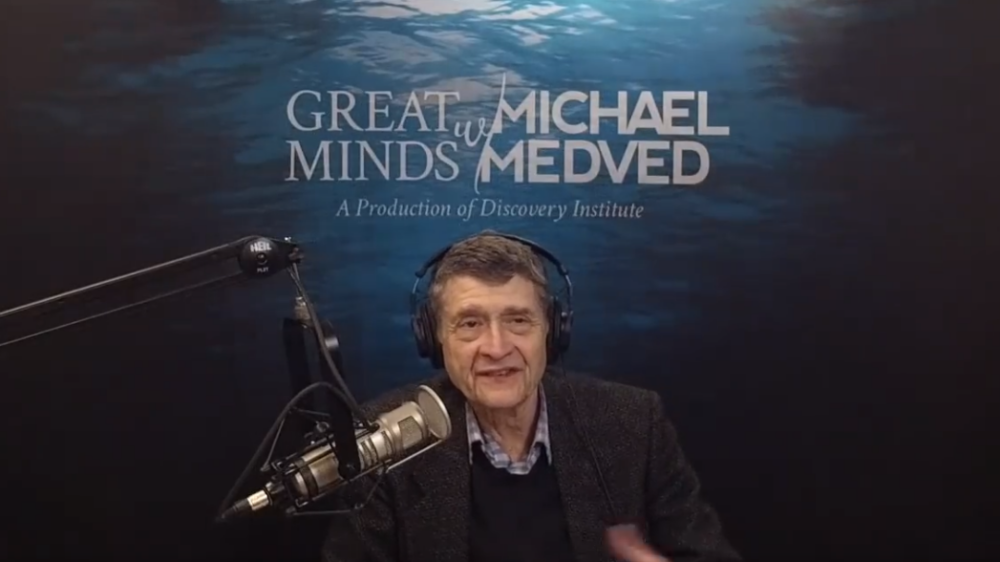
Great Minds: Medved and Gelernter on Human Exceptionalism, American Exceptionalism
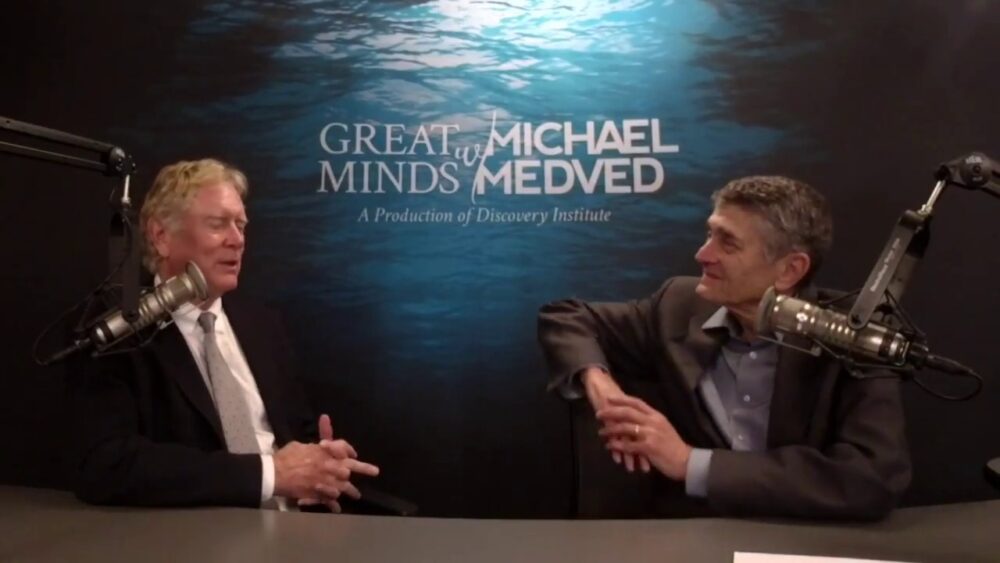
Great Minds with Michael Medved: Hollywood Director Randall Wallace
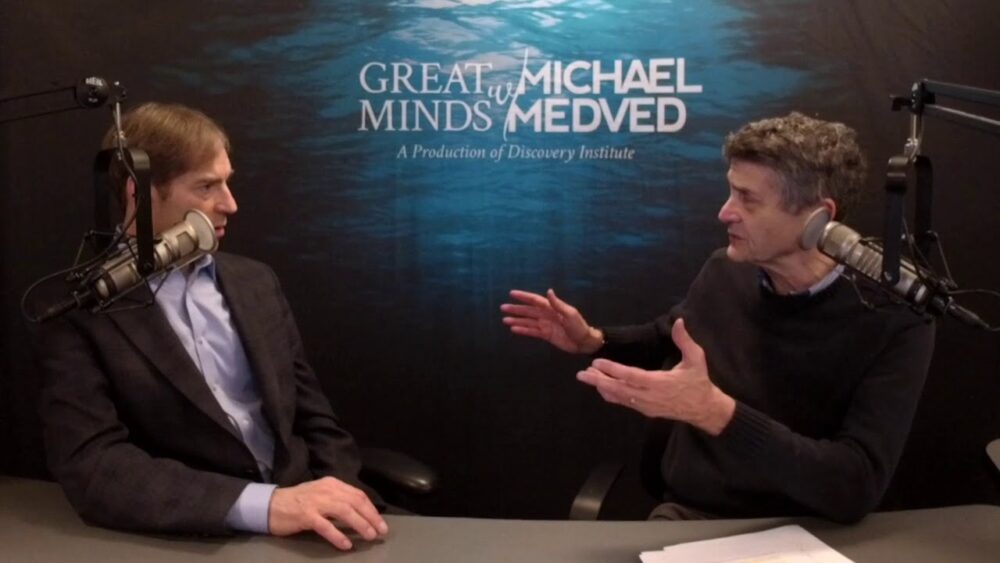
Great Minds: Meyer, Medved on the Origin of Animal Life
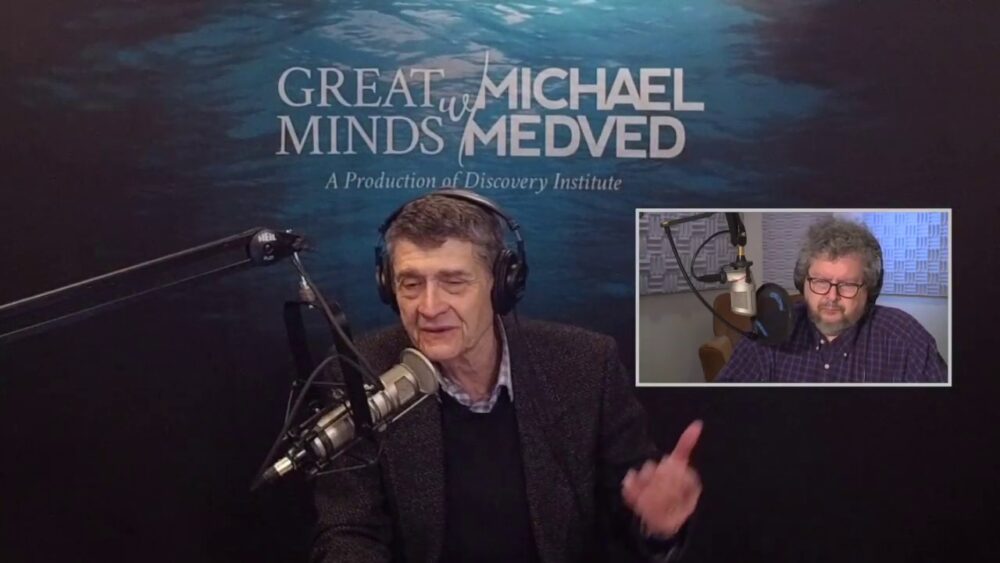
Great Minds: David Gelernter Joins Michael Medved to discuss Scientism and Science as Bully

Michael Medved and Jay Richards Talk About the Much Abused Idea of Scientific “Consensus”
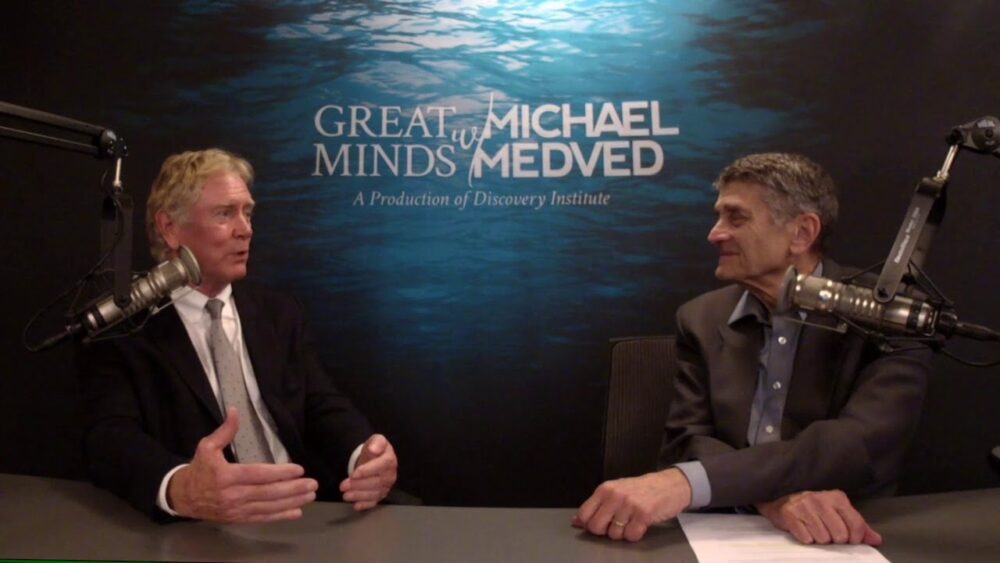
Great Minds: Randall Wallace & Michael Medved on the Link Between Storytelling and Faith
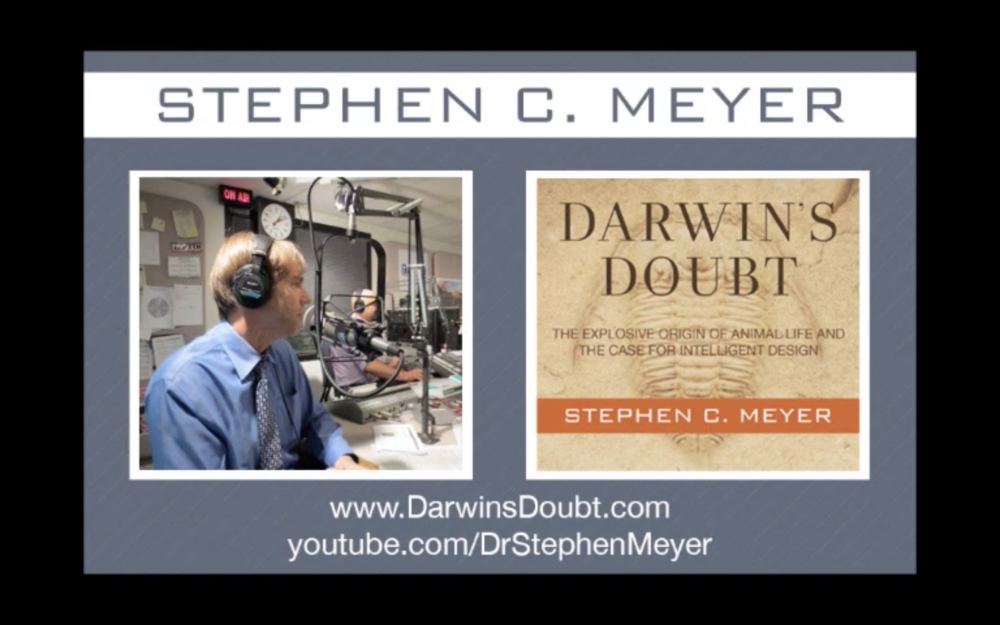
Stephen Meyer on the Michael Medved show discussing teaching intelligent design and academic freedom

Stephen Meyer on the Michael Medved Show discusses materialism and how it affects our constitution
Column: Fondly remembering Grandpa’s taxes
Should U.S. Back the Party of Lawyers?
